China's investment foray into Indonesia
- Asia Sentinel
- 06 June 2013
Sinochem and ZTE Energy, an agribusiness arm of the Shenzhen-based telecoms manufacturer, both bid for 150,000 hectares of palm-oil plantations in 2012, but were promptly rejected.

Sinochem and ZTE Energy, an agribusiness arm of the Shenzhen-based telecoms manufacturer, both bid for 150,000 hectares of palm-oil plantations in 2012, but were promptly rejected.
US investors are increasingly looking to purchase farmland with their retirement funds to take advantage of the tax benefits of a Self-Directed IRA LLC

Veteran advocate against land grabbing, Robin Palmer, reflects on the context of his work since 1963 in this keynote presentation at the University of Limerick.
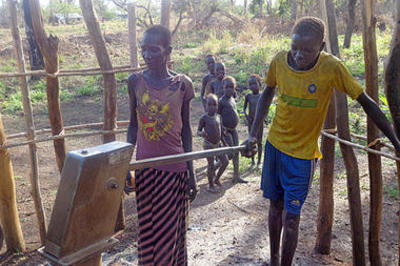
Ethiopia’s effort to resettle local farmers into main villages while also leasing land to foreign corporations or wealthy Ethiopians has put Gambella under scrutiny for charges of violent forced relocations.

On 29th May, farmers in the Polish Region of West Pomerania organised a protest against land grabbing.
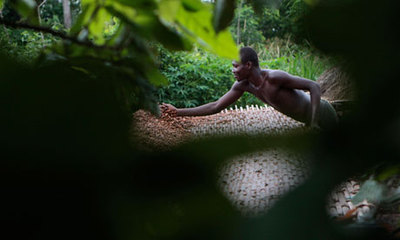
Report urges full implementation of UN voluntary guidelines and urges DfID to support agricultural extension services
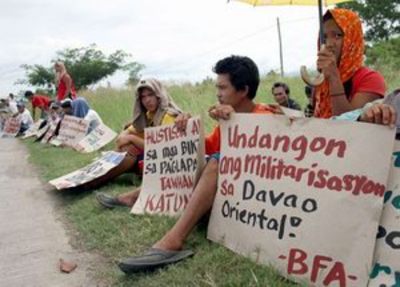
KMP says the 30,000 hectares of land to be leased to Honk Kong-based company “spells land-grabbing” to Davao Oriental farmers.

Farmers in four African countries, whose land, lives and livelihoods have been disrupted by the expansion of plantations under the control of the Bolloré group, are organising coordinated actions at the group's general shareholders’ meeting.

TBS News visits Mozambique to look into why farmers are opposed to Japan's agricultural development programme with Brazil.

The scale and pace of the large scale acquisition of land — or land grabbing — in the developing world in the last decade is unprecedented and is having disastrous consequences for the world’s poor.
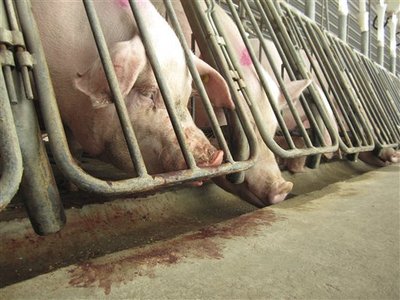
A Chinese company isn’t buying Smithfield. A shell company based in Cayman Islands is. Instead of a story about “China buying up the world”, this turns out to be a story of a precarious leveraged buyout deal by some large global private equity firms looking to borrow their way to a fortune.
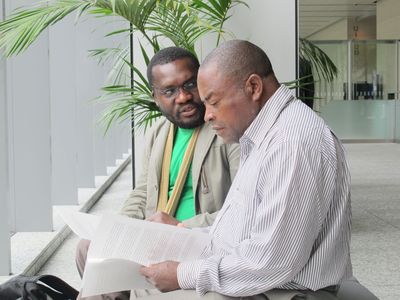
Concerns mount among civil society groups that an agriculture project in Mozambique, which Tokyo is pushing through as one of its key projects in Africa, may end up depriving local farmers of their land.